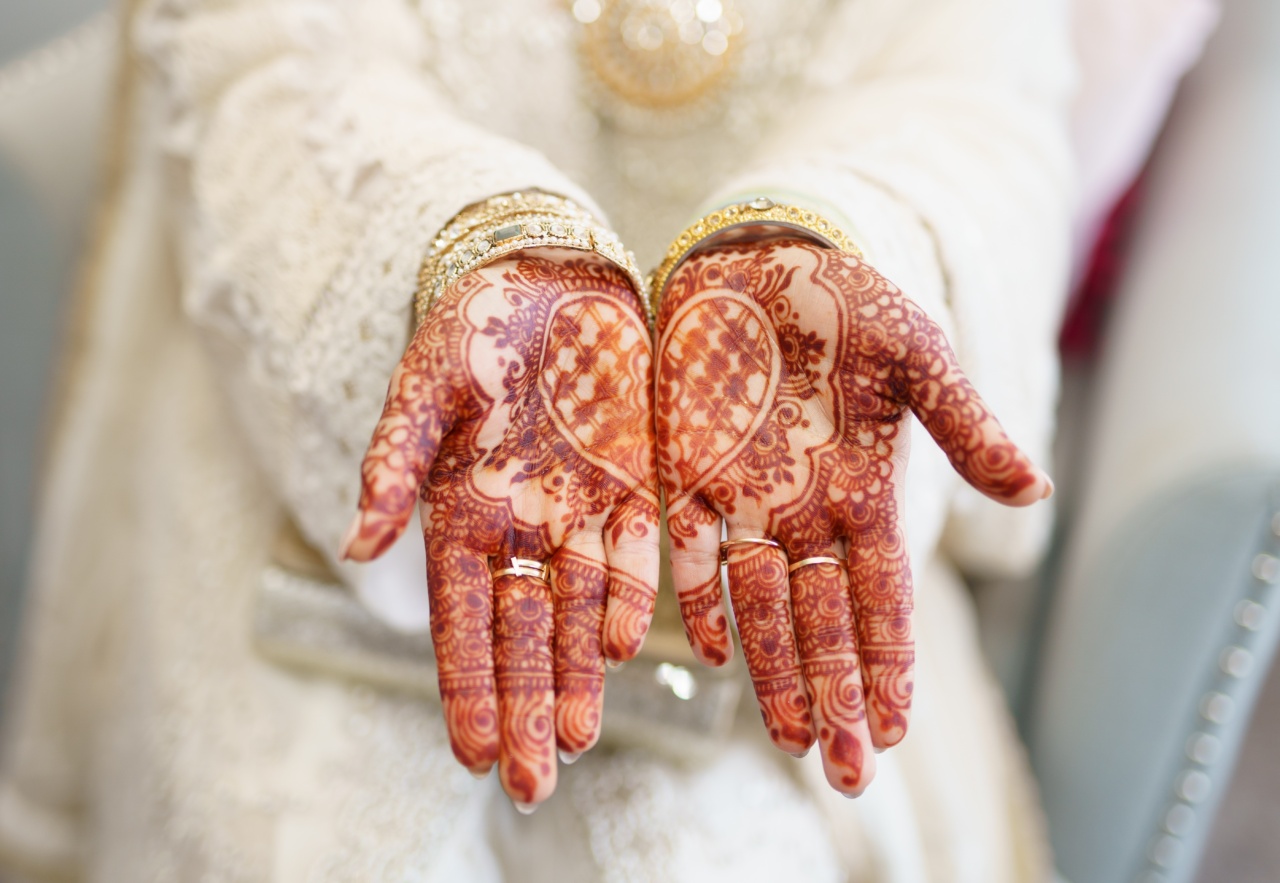Heart attacks are often thought of as something that happens mostly to men, but women are just as susceptible to them. In fact, heart disease is the leading cause of death for women in the United States.
The signs of a heart attack can be different for women than they are for men, so it’s important to know what to look out for.
What is a heart attack?
A heart attack, also known as a myocardial infarction, occurs when the blood flow to the heart is blocked. This can happen when a plaque buildup in the arteries ruptures or a blood clot forms, blocking the flow of oxygen-rich blood to the heart muscle.
Without oxygen, the heart muscle can be damaged or even die.
What are the common signs of a heart attack?
There are some common signs of a heart attack that both men and women may experience. These include:.
- Chest pain, discomfort, or pressure
- Pain or discomfort in the arms, back, neck, jaw, or stomach
- Shortness of breath
- Sweating
- Nausea or vomiting
- Lightheadedness or dizziness
What are the signs of a heart attack in women?
While women may experience the common signs of a heart attack, they can also have different symptoms. Some of the signs of a heart attack in women include:.
- Unusual fatigue or weakness
- Shortness of breath without chest discomfort
- Back pain
- Jaw pain
- Nausea or vomiting
- Indigestion
- Feeling of fullness or tightness in the chest
- Lightheadedness or dizziness
- Flu-like symptoms, such as sweating, nausea, or vomiting
Why are the signs of a heart attack different in women?
The signs of a heart attack can be different in women due to a number of factors. Women tend to have smaller arteries than men, which can make it harder to see blockages on heart tests.
Women may also have different types of blockages than men, such as more diffuse blockages that affect multiple smaller arteries instead of one large one.
Another factor that can contribute to the different signs of a heart attack in women is hormones. Female hormones like estrogen and progesterone can affect the heart and blood vessels in different ways than male hormones like testosterone.
These differences can lead to different symptoms in women.
What should you do if you suspect a heart attack?
If you or someone you know suspects a heart attack, it’s important to seek medical attention right away. Call 911 or your local emergency number immediately. Do not drive yourself to the hospital or let someone else drive you.
Emergency medical technicians can begin treatment as soon as they arrive and can transport you to the hospital quickly and safely.
If you have nitroglycerin tablets prescribed by a doctor, take one while waiting for emergency medical services to arrive. Nitroglycerin can help relieve chest pain associated with a heart attack.
How can you prevent a heart attack?
Preventing a heart attack is important for both men and women. Some ways to reduce the risk of a heart attack include:.
- Eating a heart-healthy diet that is low in saturated and trans fats
- Exercising regularly to maintain a healthy weight and improve heart health
- Not smoking or using tobacco products
- Limiting alcohol consumption
- Managing stress through techniques like meditation or mindfulness
- Controlling any underlying medical conditions like high blood pressure, high cholesterol, or diabetes
Recognizing the signs of a heart attack in women is important for preventing serious complications or even death. If you or someone you know is experiencing any of the signs of a heart attack, seek medical attention right away.
By taking preventive measures and knowing what to look out for, you can reduce the risk of a heart attack and lead a healthier life.

























